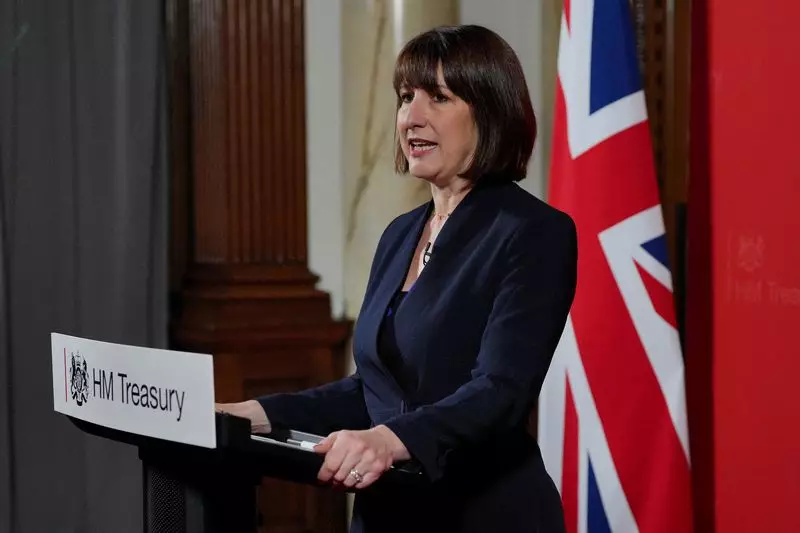Britain’s new finance minister, Rachel Reeves, is currently considering giving inflation-busting pay increases to almost 2 million government employees. This move comes as an attempt to avoid potential public sector strikes that could cripple essential services. The pay review bodies advising the government have recommended a substantial 5.5% wage rise for 460,000 teachers and 1.4 million staff in the state-run National Health Service.
The Value of Public Service Workers
Reeves emphasized the importance of public service workers and acknowledged the risks associated with prolonged disputes with unions. She highlighted the detrimental effects that past conflicts had on the government’s efforts to enhance public services. Reeves expressed her appreciation for public service workers across various sectors, including education, healthcare, and law enforcement.
The Labour Party’s recent electoral victory pledged a decade of “national renewal” following years of Conservative-led governance. However, the party’s commitment to refrain from increasing income tax, corporation tax, and value-added tax limits the potential for additional spending. The estimated cost of implementing the proposed 5.5% pay rises for teachers and certain National Health Service staff amounts to approximately £3 billion ($3.88 billion), according to the Institute for Fiscal Studies. With current inflation in Britain standing at around 2%, Reeves acknowledged the need to ensure financial sustainability while meeting the demands of public sector workers.
Reeves emphasized the government’s responsibility to ensure that any above inflation pay increases for public sector workers are financially viable. Approving such pay raises would necessitate adjustments in taxation, borrowing, or government expenditure in other areas. The Institute for Fiscal Studies warned that the government must carefully evaluate its fiscal strategy to accommodate these potential pay increases. Reeves announced plans to outline the government’s approach to public sector pay agreements and reveal the date of the upcoming budget presentation before the end of the month.
The decision to implement inflation-busting pay increases for public sector workers in the UK presents a complex challenge that requires careful financial planning and consideration of long-term implications. Reeves’ commitment to valuing and supporting public service workers while ensuring fiscal sustainability reflects the delicate balance that the government must maintain to promote economic stability and social welfare.

